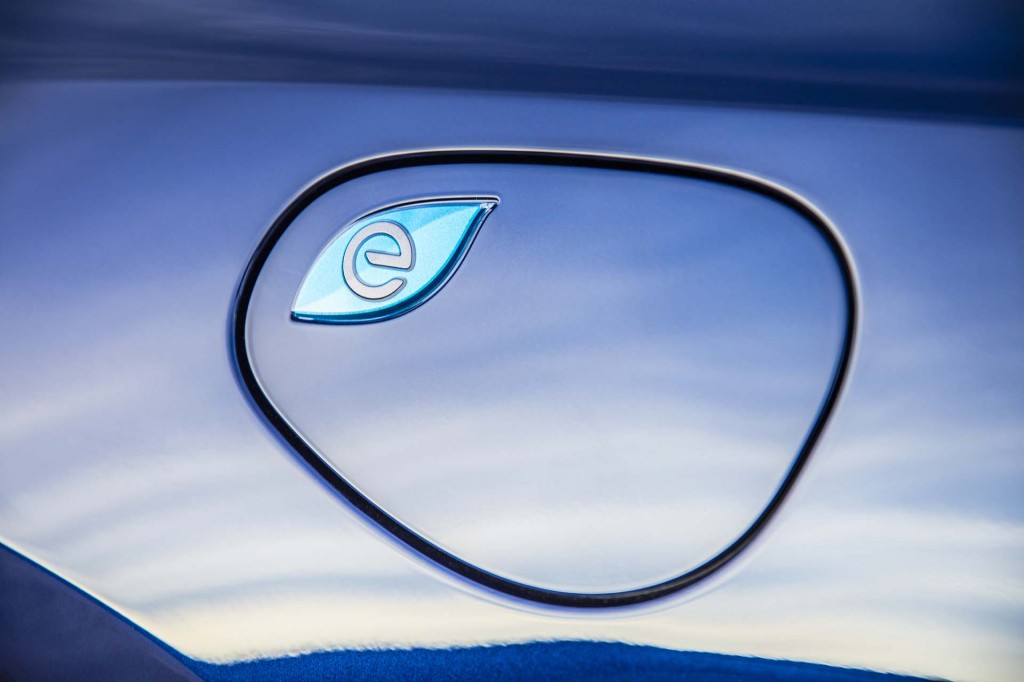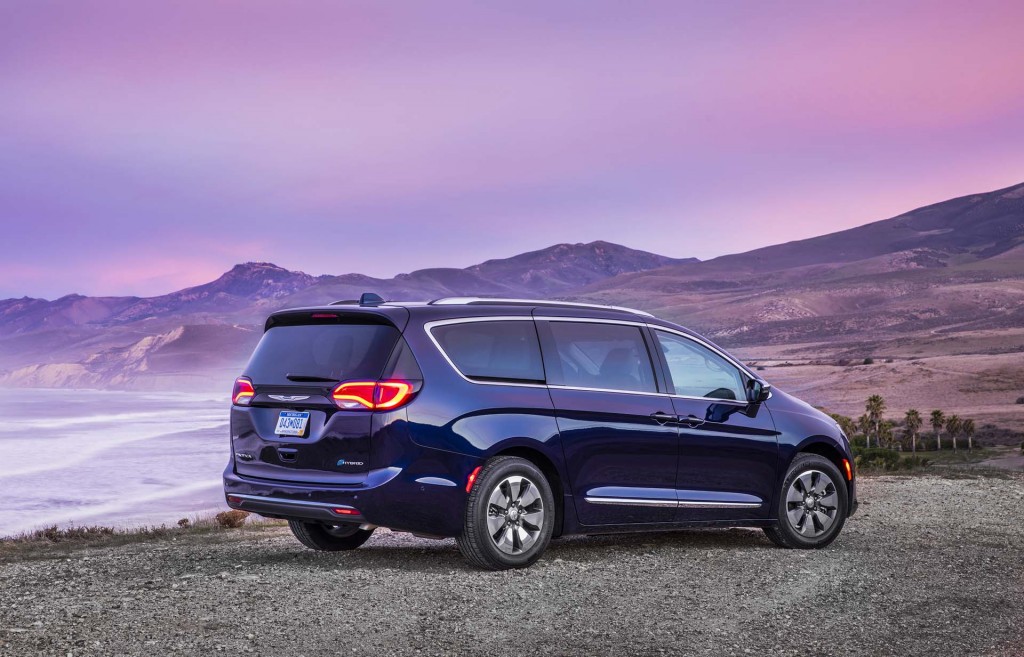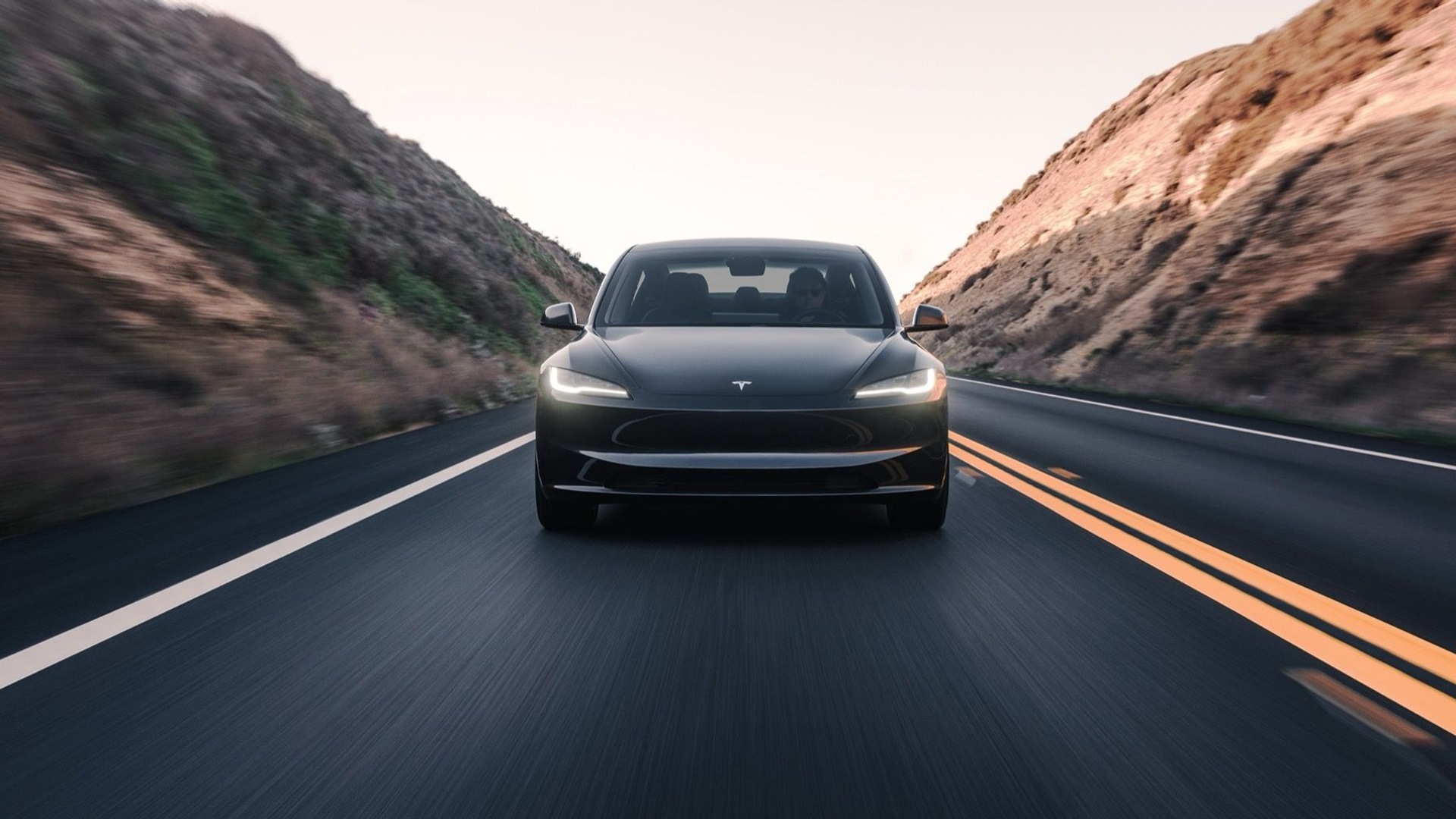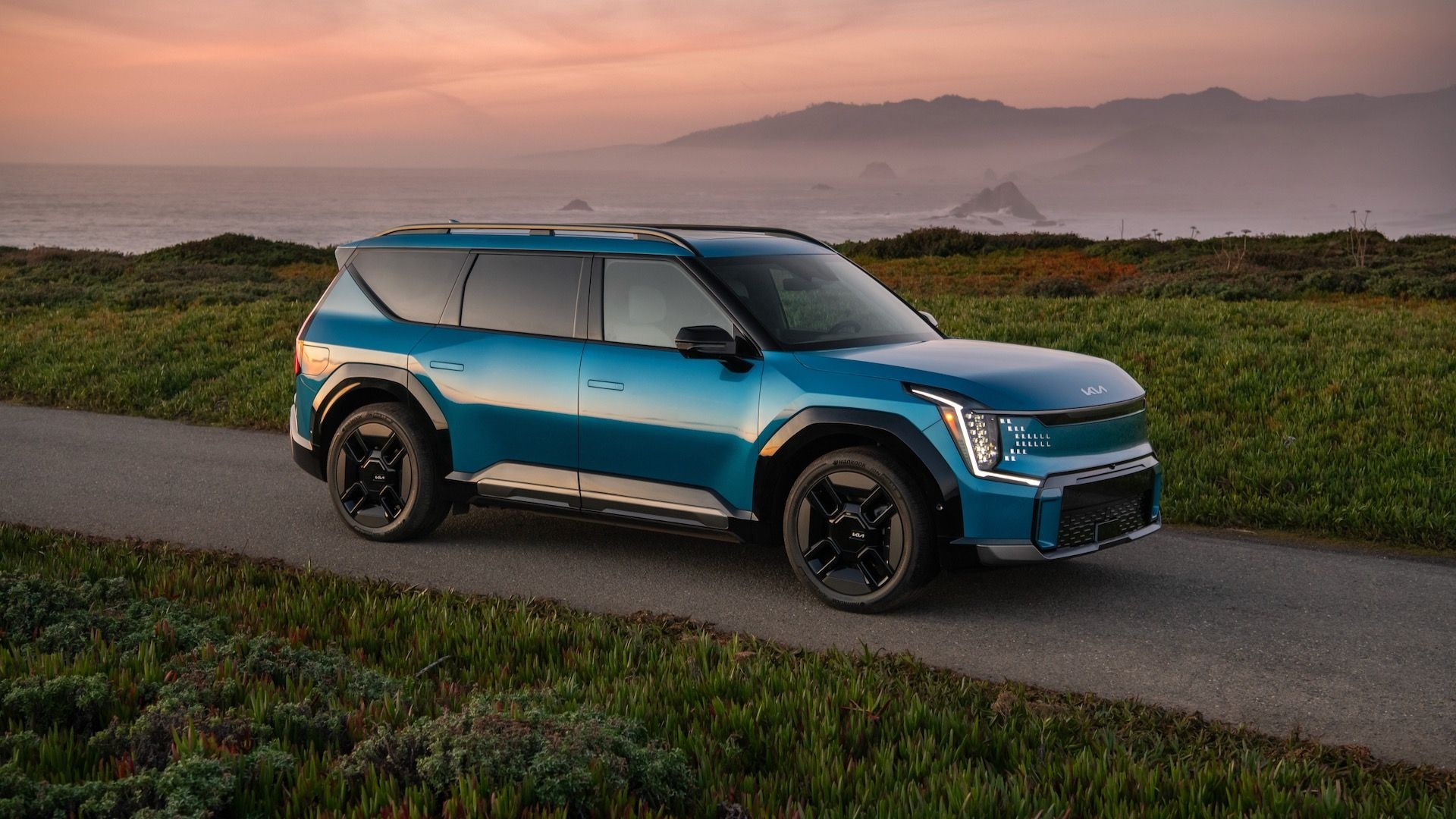Stellantis says it has a remedy for recalled 2017 and 2018 Chrysler Pacific Hybrid plug-in hybrid minivans that addresses potential fire risks.
While a root cause hasn't been identified, the automaker said it has identified conditions that potentially proceed a fire, which the fix addresses. This will allow owners to resume charging their Pacificas and parking them in garages, which Stellantis had been advising against since issuing the recall in February after hearing of 12 fires.
Stellantis is now directing dealers to update battery pack software, as well as inspect the battery pack and replace it if necessary. All work will be done free of charge, and Stellantis expects to begin informing customers of when to take their vehicles to dealerships for the fix soon.

2017 Chrysler Pacifica Hybrid
"Stellantis has validated its remedy and will begin advising affected customers of service availability late next week," spokesperson Eric Mayne said in a statement provided to Green Car Reports Friday. "The remedy will enable customers to resume vehicle operation as outlined in their owners’ manuals. Stellantis urges customers to follow the instructions on any recall notification they receive."
The recall covers 19,808 Pacifica Hybrid minivans from model years 2017 and 2018. It does not include newer models, or the top-selling Jeep Wrangler 4xe or Jeep Grand Cherokee 4xe plug-in hybrids.
The Pacifica Hybrid has been the subject of a series of recalls, some of which were also related to fire risk, but for other root causes. A 2018 recall addressed gasoline engines that might not restart properly after a vehicle had been operating in electric mode—potentially resulting in both fires and stalling.

2017 Chrysler Pacifica Hybrid
The minivan was once again recalled over fire risk in 2020, but this time due to a fault with the 12-volt accessory battery connection. And shortly after it was launched in 2017, the Pacifica Hybrid was recalled for faulty diodes.
The current recall seems to focus on batteries, which have been the subject of two high-profile recalls recently.
LG cells were found to be the issue in the Chevrolet Bolt EV recall, resulting in the battery supplier's payment of $1.9 billion toward the cost of the recall. Hyundai also replaced Kona Electric battery packs, which use LG cells; it was the automaker's most expensive recall ever.












